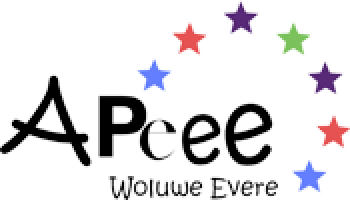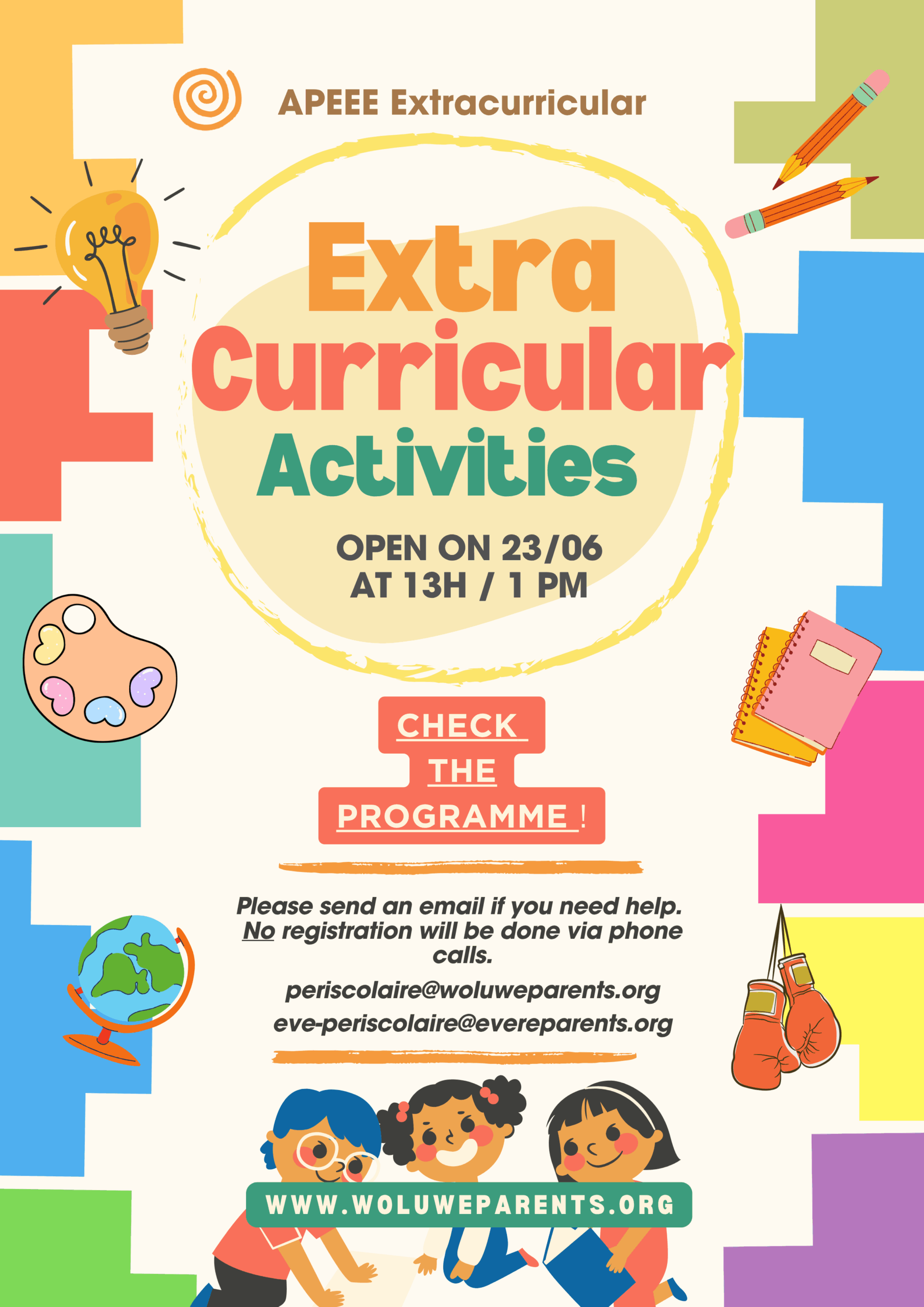Written by Ms Valentina GRASSI
On the 23rd of January 2025 the European School Brussels II hosted the first workshop concerning disability named “Building Ability” which involved P3 students for the entire day.
The beginning
The initial proposal of organising such event comes from Valentina Grassi, a former EEB2 student (Bac 2007). Valentina was a sight impaired pupil and after school she earned a Master’s of Law degree in Rome and – even more interesting – had a solid experience as Paralympic athlete. In fact, not only did she study and work in several different countries, but she also gained numerous international medals in para-rowing, her sport. Most importantly, she won the silver medal in the 2014 World Rowing Cup and the bronze medal in the 2014 World Rowing Championships. She also participated to the 2016 Rio de Janeiro Paralympic Games. Valentina has always supported the rights of people with disabilities, in favor of equal opportunities, respect and social development. She has been collaborating with the Italian Paralympic Committee working on school project concerning inclusive education and promotion of the Paralympic values.
Since December 2023, Valentina is a Board member of the association ASBL Alumni Europae where she has been arranging workshops concerning disability, special needs and inclusive education. From here, she decided to make the European School Brussels II (her “birth planet”) the first landing point for these new activities. The EEB2 Primary management has been very welcoming and gladly accepted to be the European pioneer in this project so full of values, principles and inspiration.

The Workshop
During the workshop, P3 students were introduced to numerous important concepts and values. Valentina showed the main types of disabilities, how to recognise them and what to do to be helpful. Then, she started underlining what a difference is: in fact, regardless of the impairment, she stressed and made very clear to the students that all humans are simply equal and deserve equal respect and treatment. Finally, she involved several very enthusiastic students of each class in a tactile game. Children had to close their eyes and rely exclusively on their hands in order to recognise some objects, like a wool glove, a comb or a pair of glasses. All students reacted magnificently to all inputs and actively participated through questions and debates.
Conclusion
Not only the students but also the teachers showed great interest in the workshop, asking questions and demonstrating they wanted to know more about diversity, how to be useful and inclusive and making parallels between Paralympic sports they were seeing on the screen and the sports they play in their private life.
This states once again that diversity is the key to progress, while core EU principles and values are still a modern way to talk to children – and to be listened by them.

